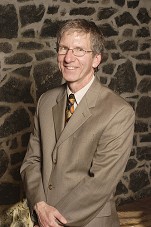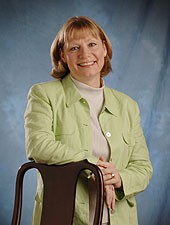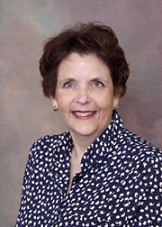Practical Guide to Legal Writing and Legal Method, Seventh Edition
Practical Guide to Legal Writing and Legal Method, Seventh Edition
Buy a new version of this textbook and receive access to the Connected eBook with Study Center on Casebook Connect, including academic lifetime access to the online ebook with highlight, annotation, and search capabilities. Access also includes practice questions, an outline tool, and other helpful resources. Connected eBooks provide what you need most to be successful in your law school classes.
A Practical Guide to Legal Writing and Legal Method provides complete coverage and analysis with the clarity and precision that has made it a classic in the field. Discussion, examples, and practice exercises teach students how to apply the concepts of legal writing and legal method to a written analysis or oral argument. The text not only provides a complete foundation for classroom instruction, but also supports independent study and review. Graduates will want to keep this text within reach as they enter legal practice.
New to the Seventh Edition:
- Restructured format to emphasize common themes
- Consolidated and streamlined chapters that are even more accessible to both professor and students
- Expanded appendix on email communications
Professors and student will benefit from:
- Accessible introductions that outline and explain legal method
- Examples of both effective and ineffective approaches to all of the topics covered
- Focused exercises to develop and practice the skills addressed in each chapter
-
In-depth instruction on
- reading and understandingboth statutes and caselaw
- synthesizing cases and statutes
- applying the law to specific facts
- organizing and drafting a legal analysis
- the principles of objective writing for memoranda, client communications, and judicial opinion writing
- the principles of persuasive writing, including structuring an effective argument and writing for the court
- drafting traditional and shorter “summary of the law” memoranda
- drafting opinion letters
- drafting both trial and appellate court briefs
- Guidelines for using electronic communicationfor legal memoranda and correspondence—when it is appropriate, and strategies for effective communication in legal writing and practice
- Integrated treatment of ethics and professional conduct
- A sample case file in the appendices with memos in both traditional and email format, client letters, and trial and appellate court briefs
Product Information
Practical Guide to Legal Writing and Legal Method, Seventh Edition
Connected eBook with Study Center + Paperback
Practical Guide to Legal Writing and Legal Method, Seventh Edition
LLPOD
Practical Guide to Legal Writing and Legal Method, Seventh Edition
Connected eBook with Study Center (Digital Only)
Practical Guide to Legal Writing and Legal Method, Seventh Edition
Audiobook
Practical Guide to Legal Writing and Legal Method, Seventh Edition
eBook + Study Center + Audiobook
Practical Guide to Legal Writing and Legal Method, Seventh Edition
eBook + Study Center + Audiobook + Paperback



